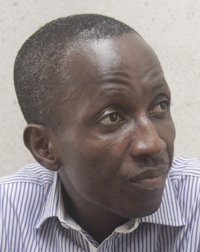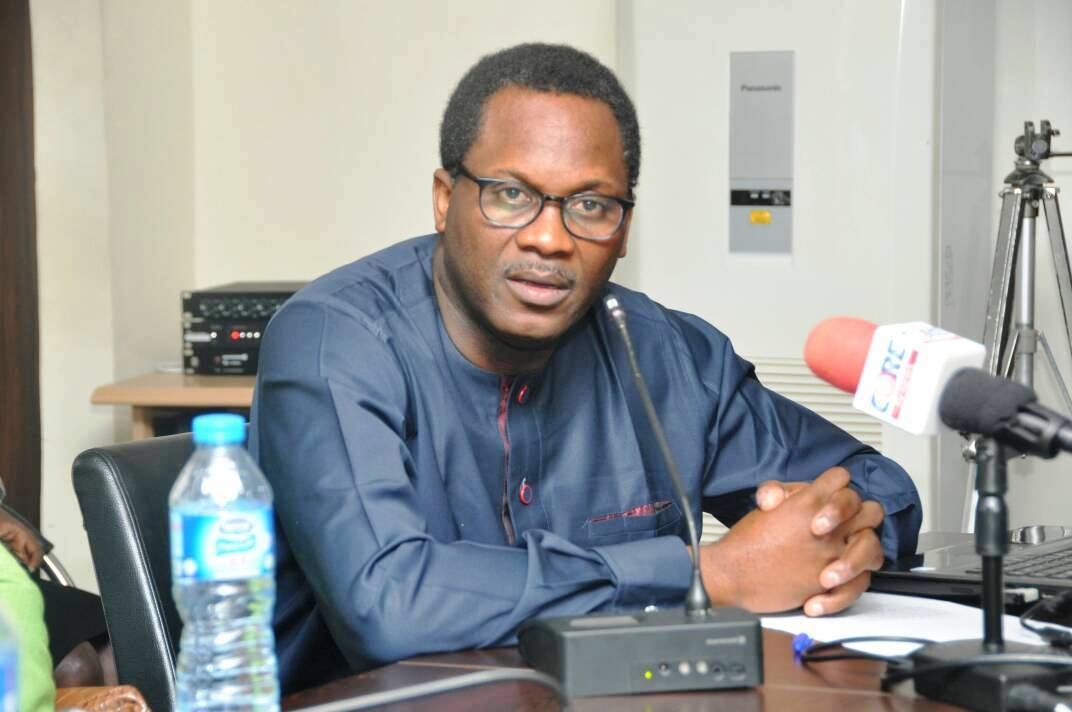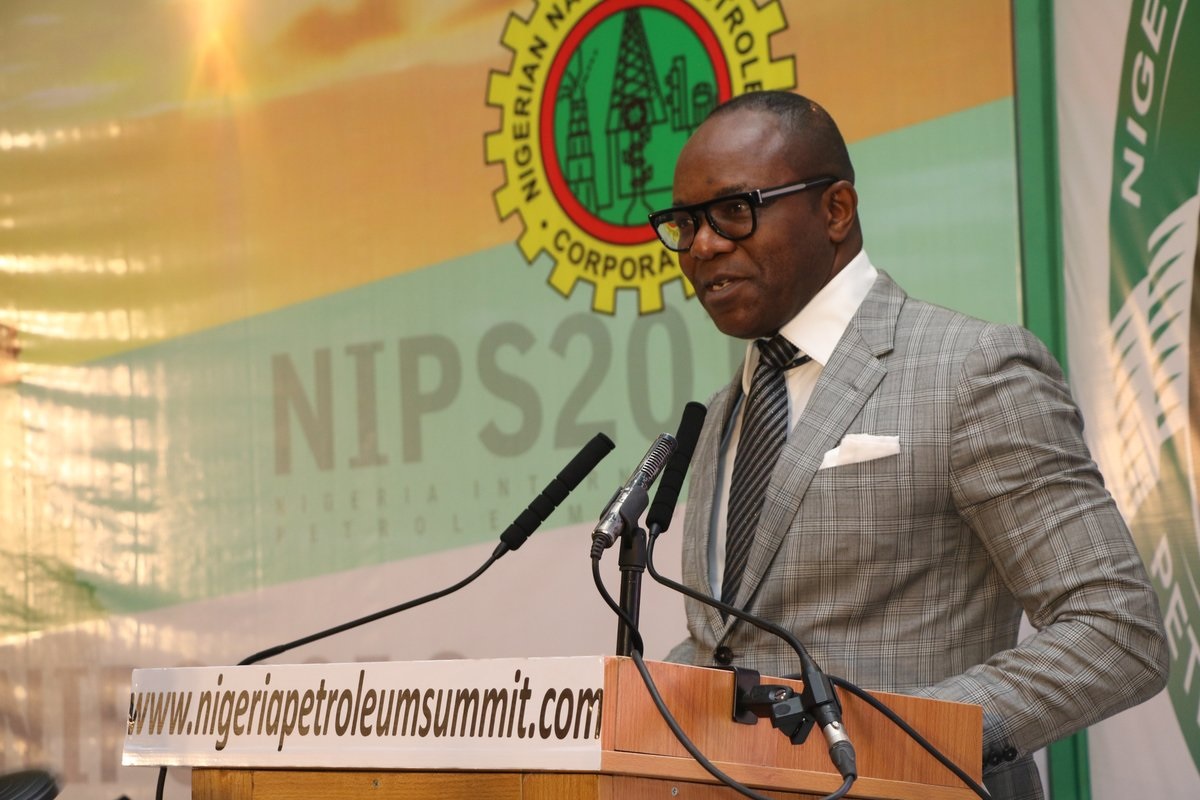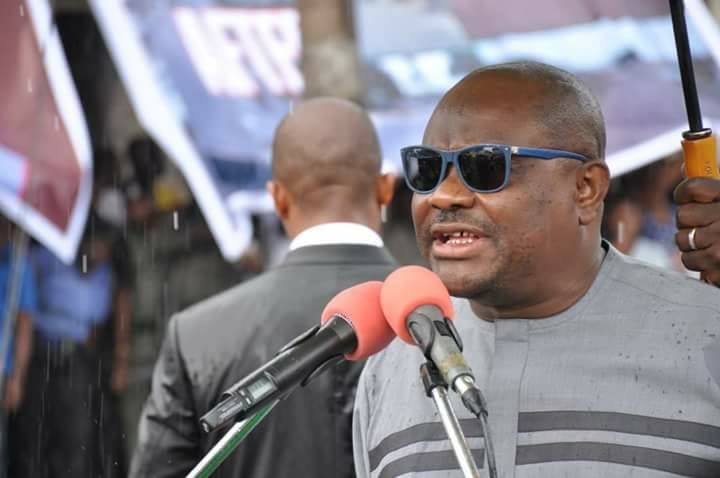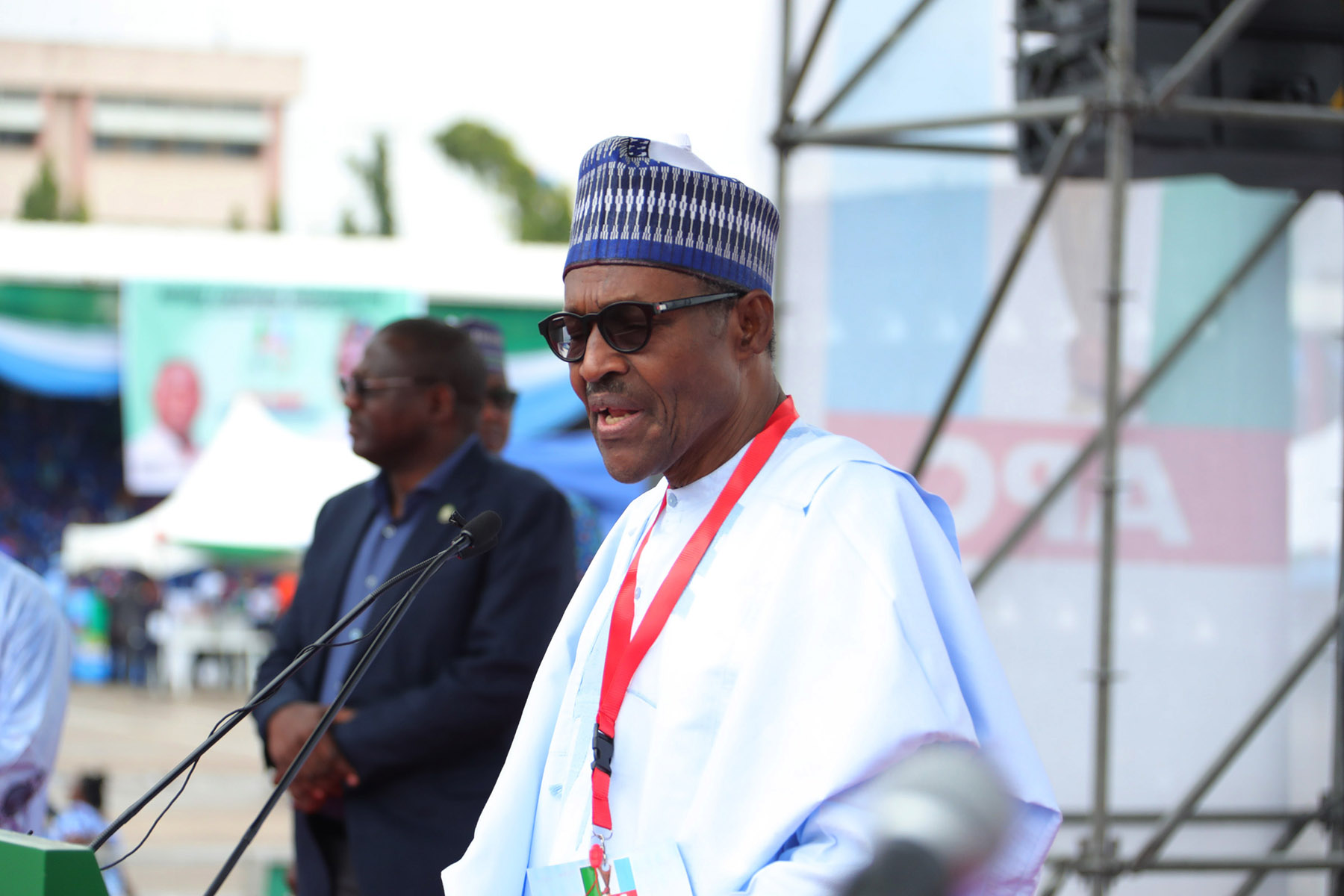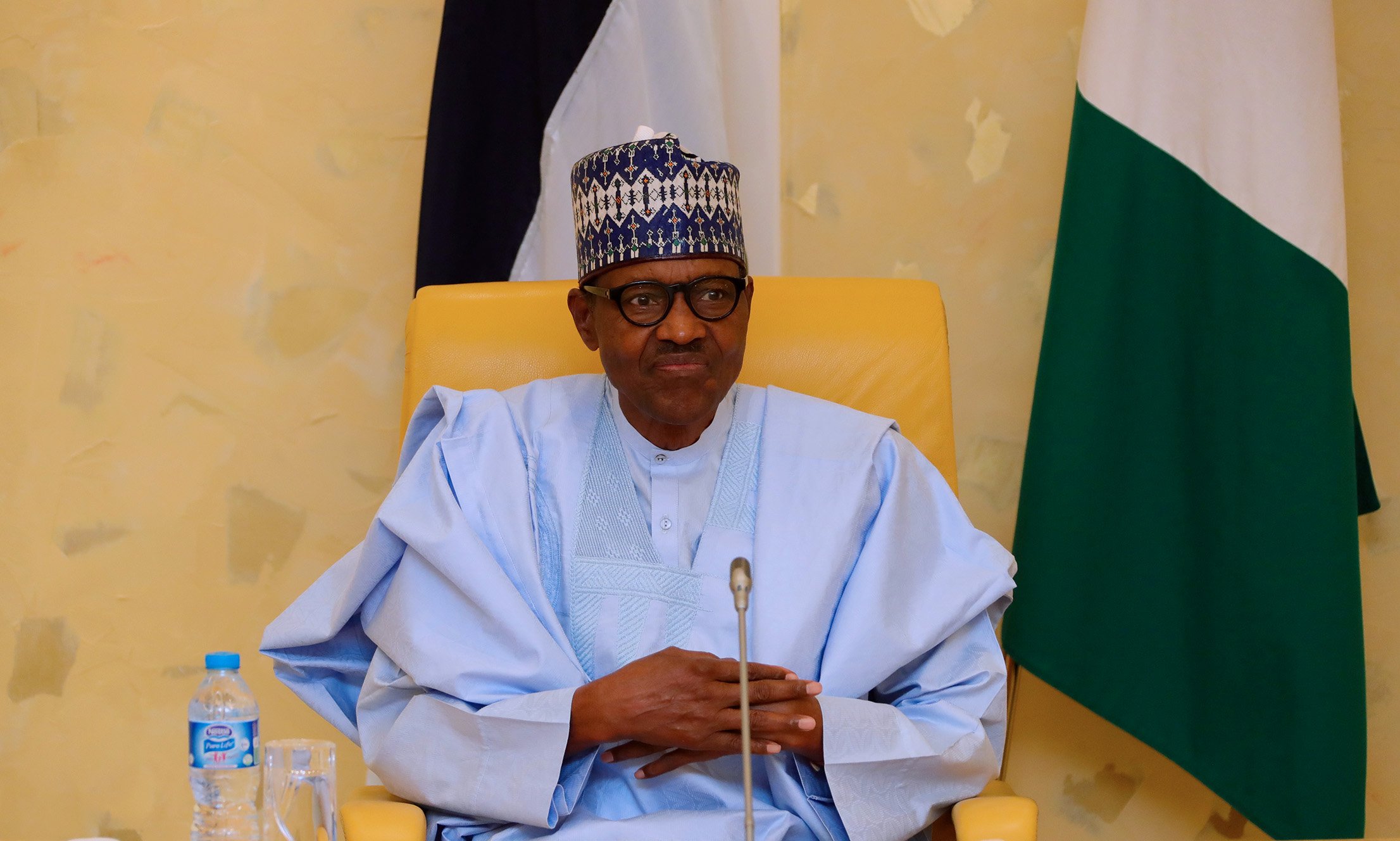In one of those rare moments of intense activity with the Muhammadu Buhari government, an agency is attempting to breathe life into a soulless organ of government. Not sure many will remember who headed the Consumer Protection Council (CPC) before the current head, Tunde Irukera, he is as dynamic as they come. But we must all ensure that in a bid to justify the agency’s mandate and ensure Irukera’s legacy is well secured, things are done within the confines of the law.
Now, this is a serious situation especially when we recollect our president’s speech at the ongoing annual conference of lawyers as it concerns the rule of law. We might not like what the law says, but it still remains the law and until it is abrogated, the law must take its course. Irukera is a good lawyer, a damn good one at that. And I know as a non-lawyer, having watched him from afar since his days as a tobacco control advocate when he joined other activists to file a suit against tobacco companies, he is a diligent person. Meticulous and not flippant, he makes advocacy compelling; reminding one of the biblical story of Paul standing before King Agrippa who intoned, “You almost persuade me to become a Christian.” When Irukera talks, you’ll want to be a lawyer.
But his latest adventure does not pass muster. The CPC recently took Multichoice Nigeria Limited (operators of DStv and GOtv) to court filing an “action under prevailing law to restrain Multichoice from perverting the regulatory process and the course of the law. The nature of the action, and order granted on August 20, by Justice Dimgba is to prevent Multichoice from executing and perpetrating a modification of a material term of its contract with its customers, while preserving the status quo so that the Council is allowed to complete its investigations into possible unscrupulous, obnoxious and exploitative conduct by the company.” This is from a press release issued by CPC and signed by the Director General himself. I quoted extensively from it to show the legalese with which the Council couched it to possibly to pull wool over the eyes of those not conversant with legal terms and obfuscate the real issues.
To cut to the chase, as Americans will say, CPC is engaged in a subtle war to fix the prices of Multichoice products and services. Of course the release announced that CPC commenced a “broad investigation” – its own words – with respect to Multichoice on November 7, 2017, a pertinent question is why the Council did not complete its investigation before going to court. No doubt there are valid issues raised by CPC in the release, some of which this column raised in a piece on April 21, 2015 https://www.thecable.ng/can-without-dstv wherein I excoriated the organisation and on a personal note, I later decided to boycott its services. But that does not mean the CPC has an omnibus power to make an enterprise fix the price it charges for its goods and services. As a senior colleague put it cheekily, when will CPC take on Nigeria’s leading monopoly – Dangote industries Limited or consumers don’t need cheaper cement? If the Council decides to go the way of price fixing, what will it do about the omnipotent school proprietors who change schools fees at will?
Advertisement
We all know that in a free market economy, there cannot be price control and it is neither part of CPC’s remit nor the duty of courts to tell a business what it should charge. Just like ram prices change during every Eid al-Adha, products and services’ prices are subject to change and no one should begrudge Multichoice for seeking to fix prices at whatever it deems fit. By the way, pay TV is not human rights that all must access and we will do well as a country to make the market available to more operators than fixation on only one operator. Are other commodities’ prices not rising? Will CPC take their producers to court as well? In a somewhat tacit arrangement that this is cheap popularism, CPC admits that there is “fidelity in the operation of free market forces in arriving at prices for goods or services” and also that what it is fighting for “are better articulated in the context of a Competition or Antitrust legislation and regime, which Nigeria does not have…”
The Act establishing the Council was originally enacted in 1992 but actually took off in 1999 and has zonal offices in the six geopolitical zones of the country. There are many germane issues that CPC could and should focus on; price fixing is definitely not one of them. Let’s call it to order.
Advertisement
Views expressed by contributors are strictly personal and not of TheCable.
Add a comment
